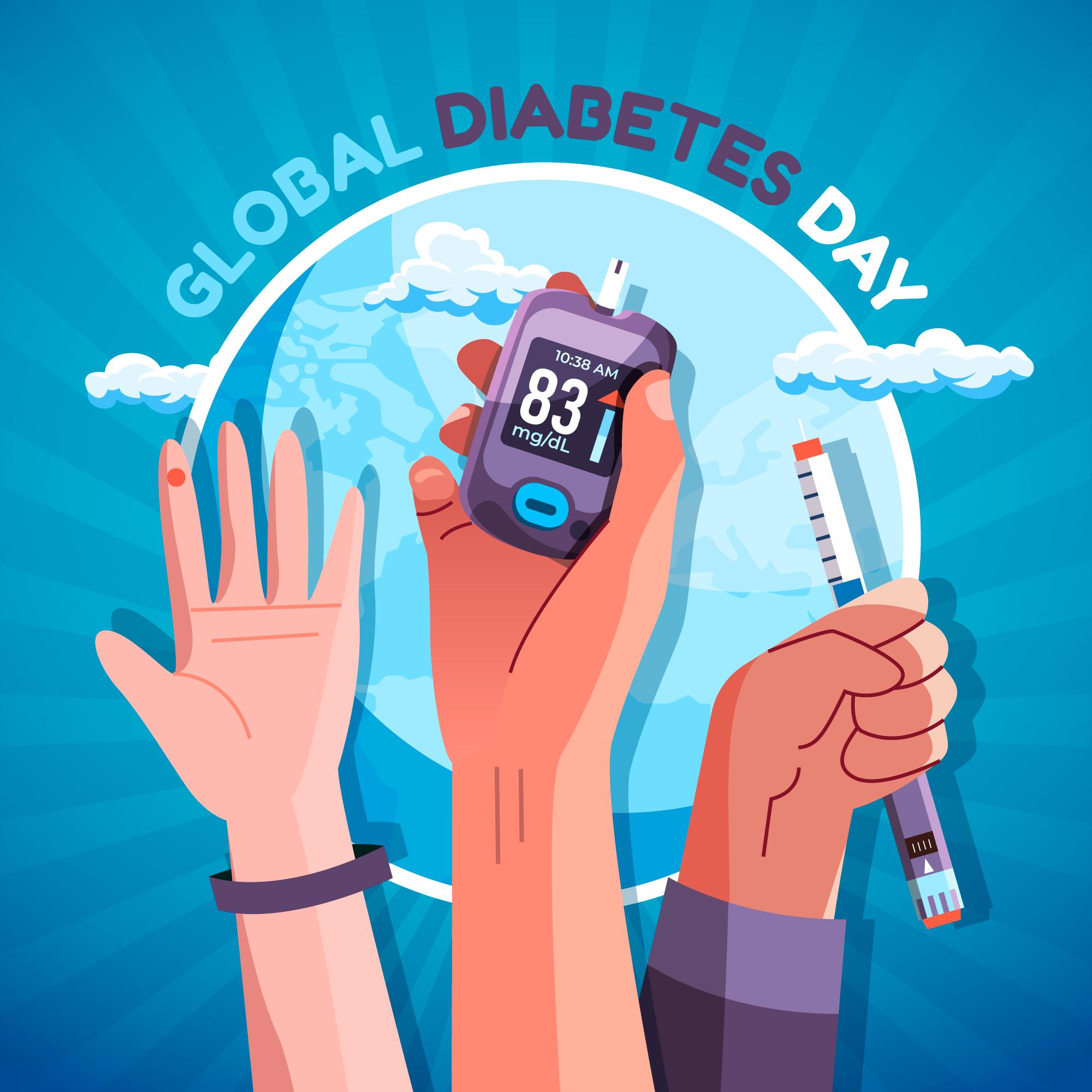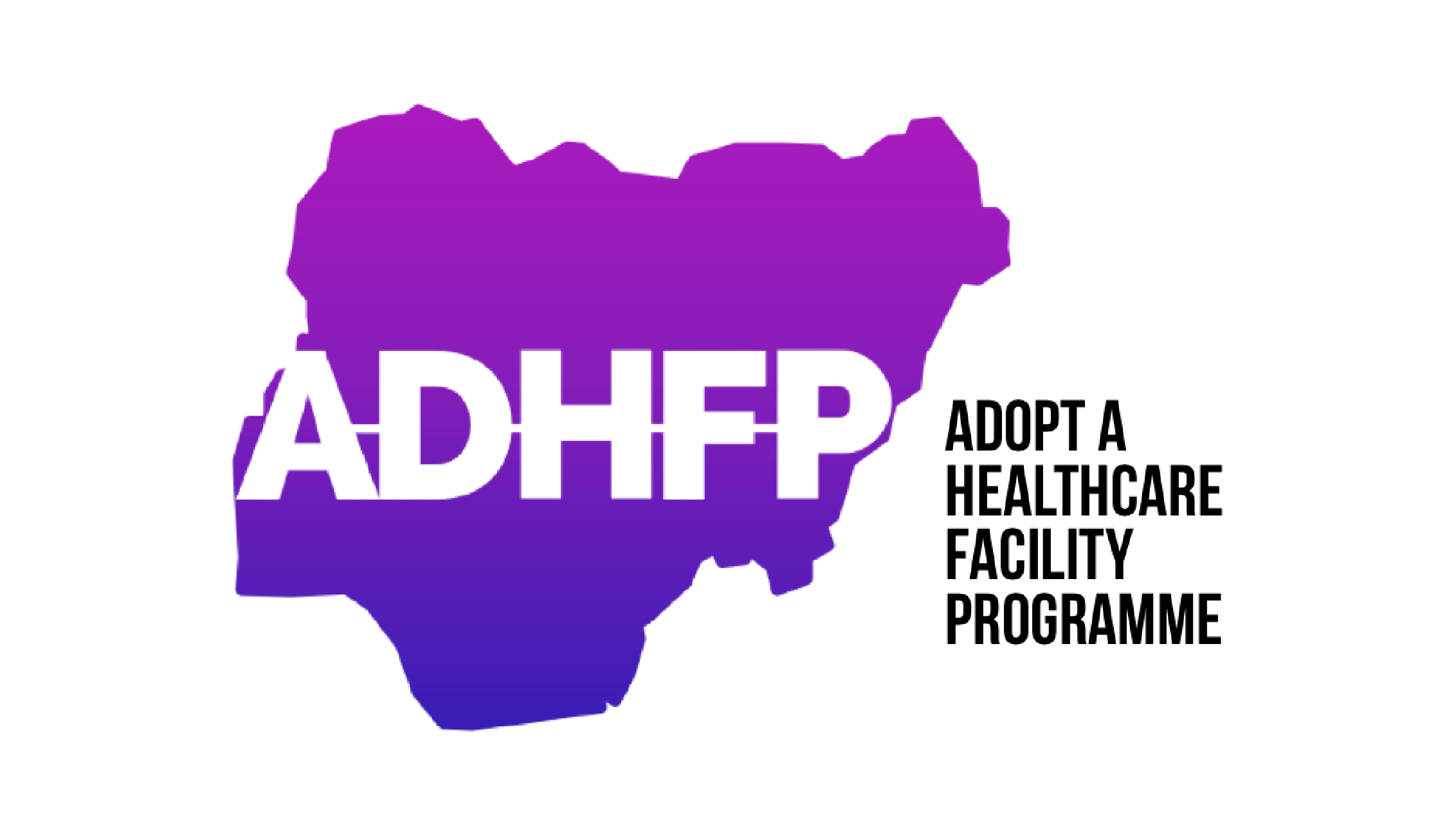
EMBRACE BLUE: NATIONAL DIABETES AWARENESS MONTH
Diabetes Melitus, also known as “sugar disease,” is of immense public health concern. Millions of people around the world who live with diabetes do so because their body either doesn’t produce enough insulin or cannot effectively use the insulin it produces (Type 2 Diabetes) or the body attacks and destroys the insulin-producing cells (Type 1 Diabetes).
Women during pregnancy may suffer from gestational diabetes when their body cannot produce enough insulin to meet their increased needs during pregnancy leading to elevated blood sugar levels. This increases the risk of complications during pregnancy and delivery and leads to Type 2 diabetes later in life.
The complication of diabetes is debilitating, and a poorly managed diabetic condition can lead to various complications in the heart and blood vessels, kidney, eye, and nerves, and increase the risk of sepsis.
Regardless of the type of diabetes, one thing is common; with poor access to care people with diabetes may suffer complications that are life-threatening and may lead non death.
World Diabetes Day is the primary global awareness campaign focusing on Diabetes Mellitus and is held on the 24th of November each year. This year’s theme for the annual World Diabetes Day is “Access to Diabetes Care” and it recognizes the critical role of access to quality diabetes care in improving the lives of people that live with it.
The blue ribbons one of the most recognizable symbols of the diabetes awareness month campaign and serves as a reminder of the millions of people worldwide who are affected by diabetes and the importance of raising awareness about this chronic condition.
As we mark Diabetes Awareness Month, it is crucial to understand the impact of diabetes globally and locally.
As we continue to raise awareness for diabetes, we must.
-
Continue to keep Access to diabetes care as priority.
-
Explore solutions to barriers of access to diabetes care, including financial constraints, lack of education, and disparities in healthcare infrastructure.
-
Share success stories from survivors of diabetes who are living with diabetes.
-
We provide resources and information to empower individuals with diabetes.
-
Join us in advocating for policy changes that promote equal access to diabetes care. This includes supporting initiatives for affordable medications.
